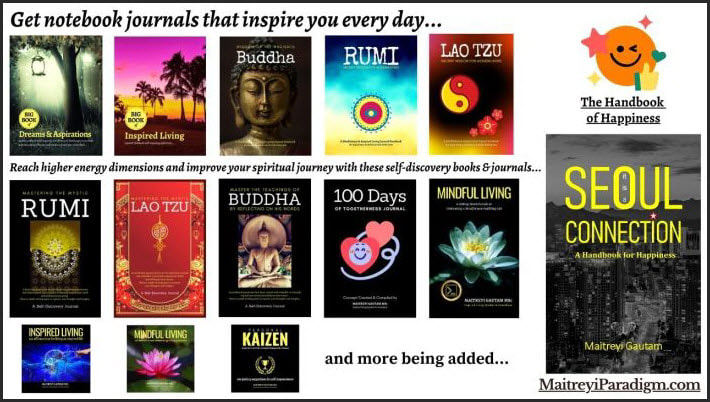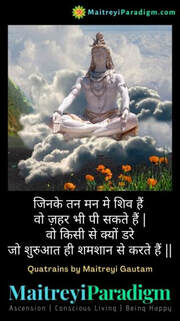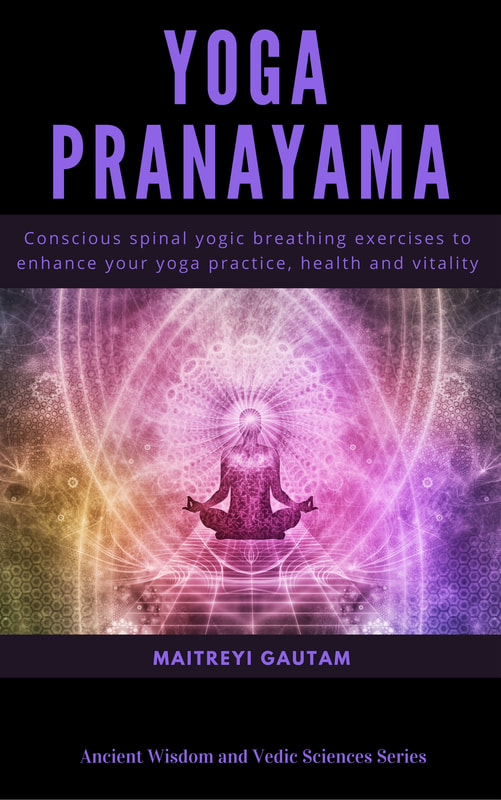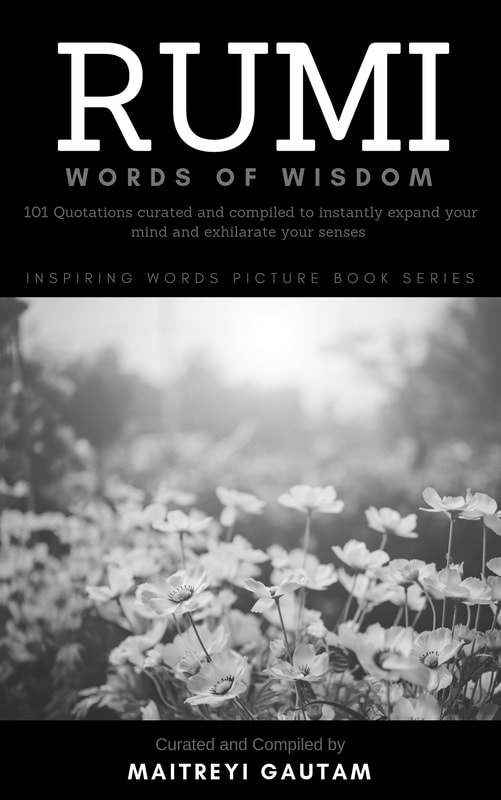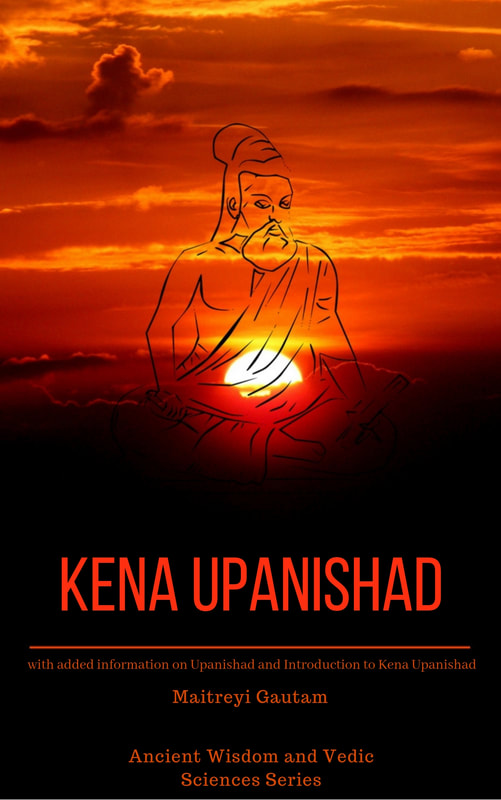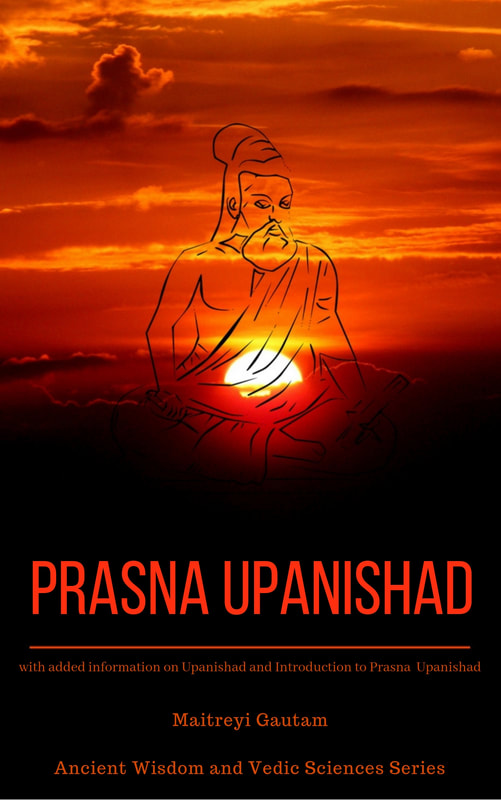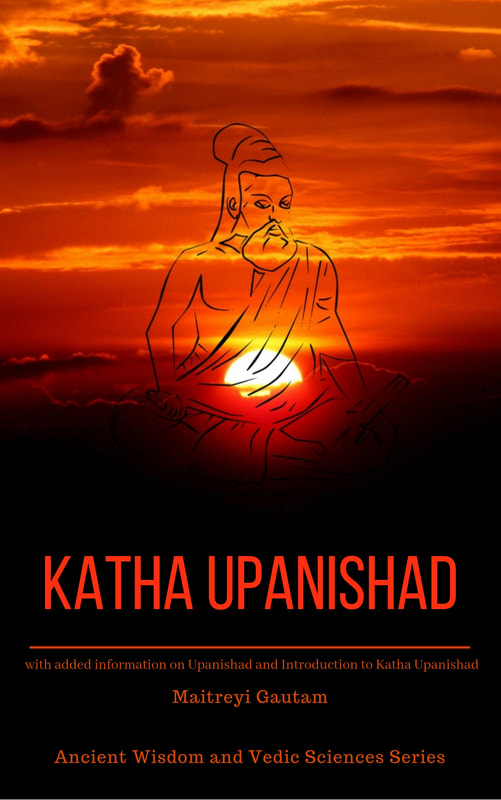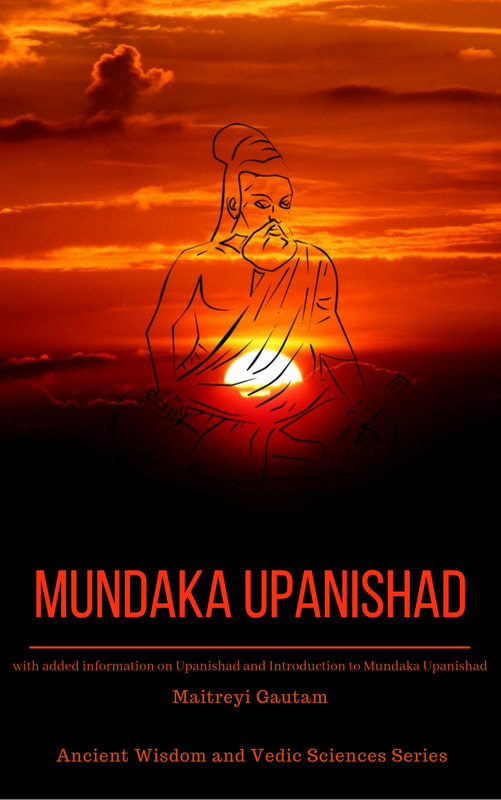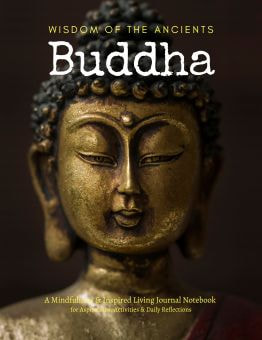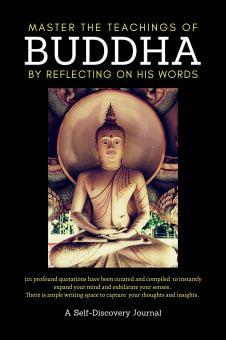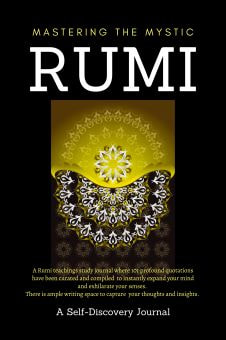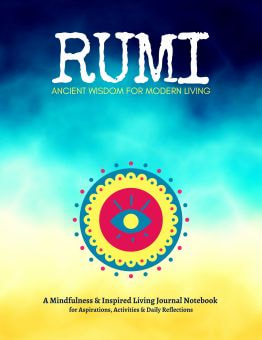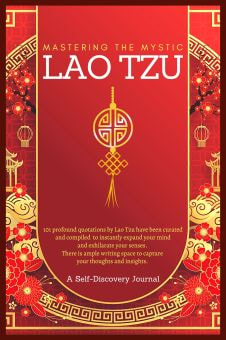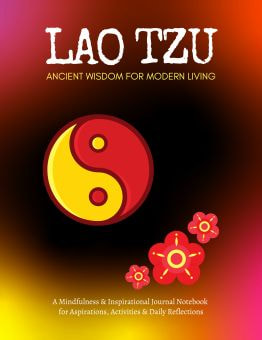| Dakshinachara is an interesting concept that also originates from the Hindu Tantra tradition. Often referred to as the "Right-hand Path," it encompasses a set of spiritual practices that follow a more orthodox and conventional approach. To better understand the term, we can break it down into its Sanskrit components: "Dakshina," meaning "south," and "Achara," which translates to "conduct" or "path." It is called as the right -handed tantra, because when you are facing east (towards the rising sun), the 'south' direction is to your 'right'. | |
In Tantra, spiritual practices are generally divided into two categories: the "right-hand path" (Dakshinachara) and the "left-hand path" (Vamachara), which we discussed earlier. While Vamachara represents a more unorthodox approach that may involve activities considered taboo or forbidden, Dakshinachara adheres to more traditional religious and societal norms.
Dakshinachara practices often involve meditation, devotional rituals, mantra repetition, and the study of sacred texts. These practices aim to purify the mind, cultivate inner awareness, and promote spiritual growth. Practitioners of Dakshinachara typically follow strict ethical guidelines and adhere to the social, moral, and religious codes of conduct prescribed by Hinduism.
Dakshinachara practices often involve meditation, devotional rituals, mantra repetition, and the study of sacred texts. These practices aim to purify the mind, cultivate inner awareness, and promote spiritual growth. Practitioners of Dakshinachara typically follow strict ethical guidelines and adhere to the social, moral, and religious codes of conduct prescribed by Hinduism.
One of the primary goals of Dakshinachara is to develop and maintain a strong connection with the divine. This can be achieved through various practices, such as worshipping deities, engaging in prayer, and offering ritualistic services. These acts of devotion are intended to help practitioners draw closer to the divine and ultimately attain spiritual liberation, or Moksha.
It is important to note that while Dakshinachara is considered more conventional and socially acceptable than Vamachara, it is not inherently superior or inferior. Both paths have their own unique approaches to spirituality and self-realization, and each has its own set of challenges and rewards. The choice between the two paths largely depends on an individual's personal inclinations, spiritual goals, and temperament.
Dakshinachara is often seen as more accessible for the majority of people, as it aligns more closely with the traditional moral values and religious practices found in Hinduism. This path can be particularly suitable for those who find comfort and guidance in familiar rituals, prayers, and scriptures.
It is important to note that while Dakshinachara is considered more conventional and socially acceptable than Vamachara, it is not inherently superior or inferior. Both paths have their own unique approaches to spirituality and self-realization, and each has its own set of challenges and rewards. The choice between the two paths largely depends on an individual's personal inclinations, spiritual goals, and temperament.
Dakshinachara is often seen as more accessible for the majority of people, as it aligns more closely with the traditional moral values and religious practices found in Hinduism. This path can be particularly suitable for those who find comfort and guidance in familiar rituals, prayers, and scriptures.
To sum it all up...
Dakshinachara is a fascinating aspect of Hindu Tantra that focuses on more traditional and orthodox spiritual practices. By adhering to established religious and societal norms, practitioners can work towards spiritual growth, self-realization, and ultimately, liberation.
While Dakshinachara may not be as unconventional or controversial as Vamachara, it offers a solid foundation for spiritual development and can be an excellent path for those who prefer a more structured and familiar approach to their spiritual journey.
While Dakshinachara may not be as unconventional or controversial as Vamachara, it offers a solid foundation for spiritual development and can be an excellent path for those who prefer a more structured and familiar approach to their spiritual journey.

